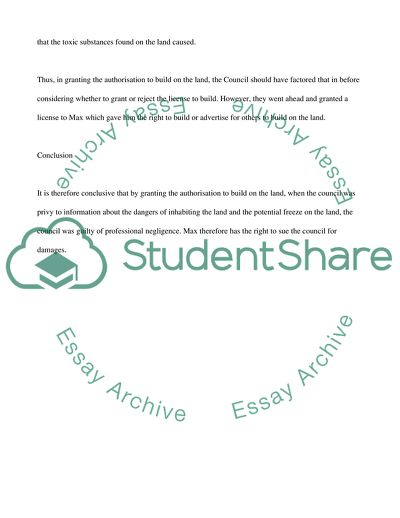Cite this document
(Contract and tort law Case Study Example | Topics and Well Written Essays - 1500 words, n.d.)
Contract and tort law Case Study Example | Topics and Well Written Essays - 1500 words. Retrieved from https://studentshare.org/law/1756705-contract-and-tort-law
Contract and tort law Case Study Example | Topics and Well Written Essays - 1500 words. Retrieved from https://studentshare.org/law/1756705-contract-and-tort-law
(Contract and Tort Law Case Study Example | Topics and Well Written Essays - 1500 Words)
Contract and Tort Law Case Study Example | Topics and Well Written Essays - 1500 Words. https://studentshare.org/law/1756705-contract-and-tort-law.
Contract and Tort Law Case Study Example | Topics and Well Written Essays - 1500 Words. https://studentshare.org/law/1756705-contract-and-tort-law.
“Contract and Tort Law Case Study Example | Topics and Well Written Essays - 1500 Words”. https://studentshare.org/law/1756705-contract-and-tort-law.


